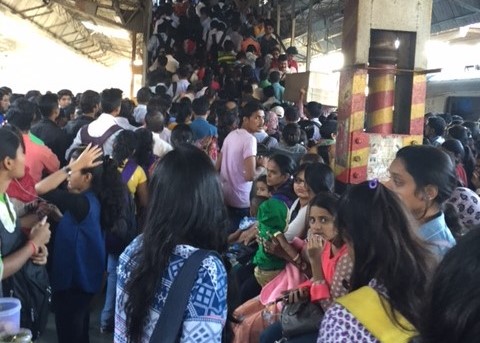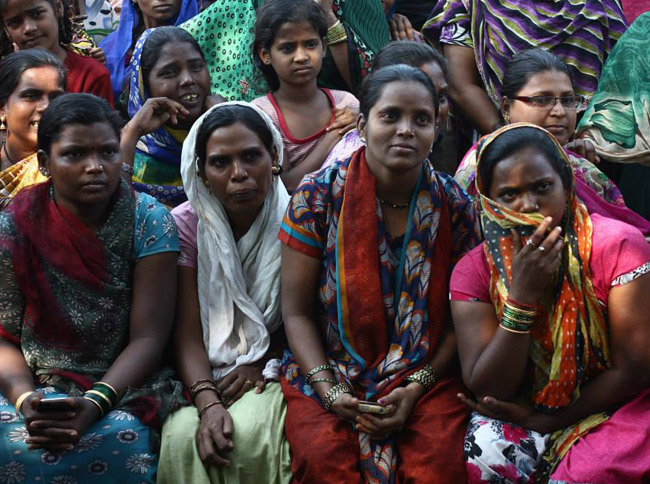Engendering the Mumbai Suburban Railway Network Study for Mumbai Rail Vikas Corporation
By Amita Bhide, Ratoola Kundu and Payal Tiwari
A Study Conducted by the Centre for Urban Policy and Governance, TISS
This study recognises women's mobility as a key dimension of their empowerment in the city. Almost a fourth of the 8 million commuters a day on the Mumbai suburban railway network are women. It examines the issues, needs and challenges with respect to mobility and accessibilty that women passengers face as well as the opportunities that the suburban railway network creates.
The study points out to the changing patterns of women's mobility in the larger metropolitan, especially those commuting longer distances during peak hours. It illustrates that insecurity and inconvenience act as hurdles to women's mobility and that these are compunded by the the lack of gender sensitive design of stations, scheduling of services, and dsign of coaches. The study also brings out the needs of invisible women commuters - the women vendors in luggage compartments, women with special needs, women travelling during odd hours of the day and nights. The study raises critical concerns regarding the governance mechanisms around management of station areas and also in responding to security threats faced by women passengers. Thus while the suburban railway network is indispensible to women's mobility the study indicates aspects that can be improved to strengthen the linkages between gender, livelihoods, public transport and the city.




